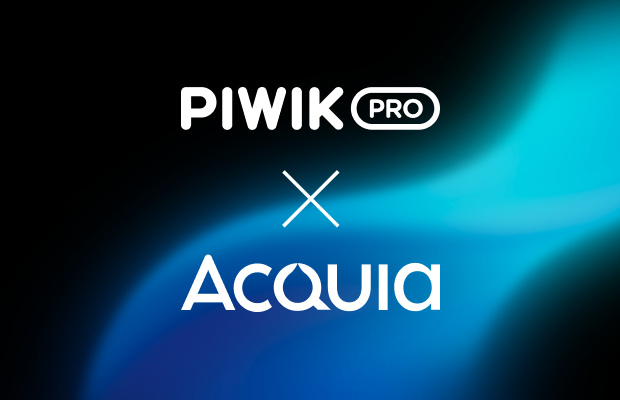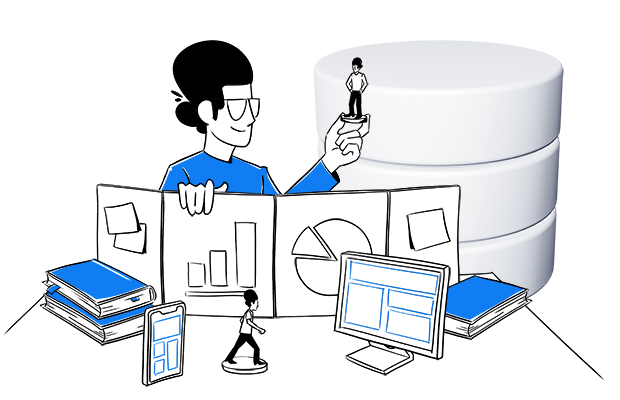A data-driven attribution model uses machine learning to track user data across multiple touchpoints.
A data-driven attribution model assigns credit to each touchpoint without using a predefined model, unlike rule-based attribution models. Instead, it uses machine learning technology to create a custom model for each business based on data that reflects actual customers’ journeys.
Traditional rule-based attribution focuses on conversion paths.
In contrast, data-driven models consider both converting and non-converting paths. This enables marketers to assess how each touchpoint increases the likelihood of a customer converting rather than allocating credits to conversion path touchpoints based on predefined rules.
For example, GA4’s default attribution model is data-driven. Data from your Google Analytics account is analyzed using machine learning algorithms. Conversion credit is assigned to different touchpoints based on their actual impact.
An advantage of data-driven attribution is that it automatically adjusts attribution weights as your marketing landscape changes. However, a marketing attribution model that changes the weighting it applies to email marketing interactions from one year to another can result in useless comparison reporting. You will never know if the increase in conversions attributed to that channel was due to your increased spend or Google’s change in attribution.
You may also like:
Data-driven attribution
-

Piwik PRO recognized as the Emerging Partner of the Year by Acquia
Organizations in regulated industries face a persistent challenge: they need sophisticated analytics and personalization to stay competitive, but must also meet strict requirements around data protection and user consent. For teams using enterprise digital experience platforms, this often means choosing between powerful marketing tools or compliance-first approaches. We’ve been working to solve this through our…
-

Banking website analytics for financial services: Tracking without compromising customer trust
You don’t have to choose between insights and trust – modern banking analytics can deliver both when implemented correctly. This article explores best practices and recommended steps for banking website analytics, as well as ways to avoid common pitfalls to ensure compliance without sacrificing the quality of insights.
Other definitions
Recent posts from Piwik PRO blog
- Piwik PRO recognized as the Emerging Partner of the Year by Acquia
- Banking website analytics for financial services: Tracking without compromising customer trust
- Five things every marketer should know about web analytics in 2026
- First-party analytics without consent: Your Digital Omnibus compliance guide
- University website personalization: First-party data strategies for student recruitment and retention
- Digital marketing in the energy sector: Key challenges and fixes
- From Customer Data Platform to Data Activation: Why we’re evolving our approach
- Life after Google Analytics: Why EU organizations are going local







